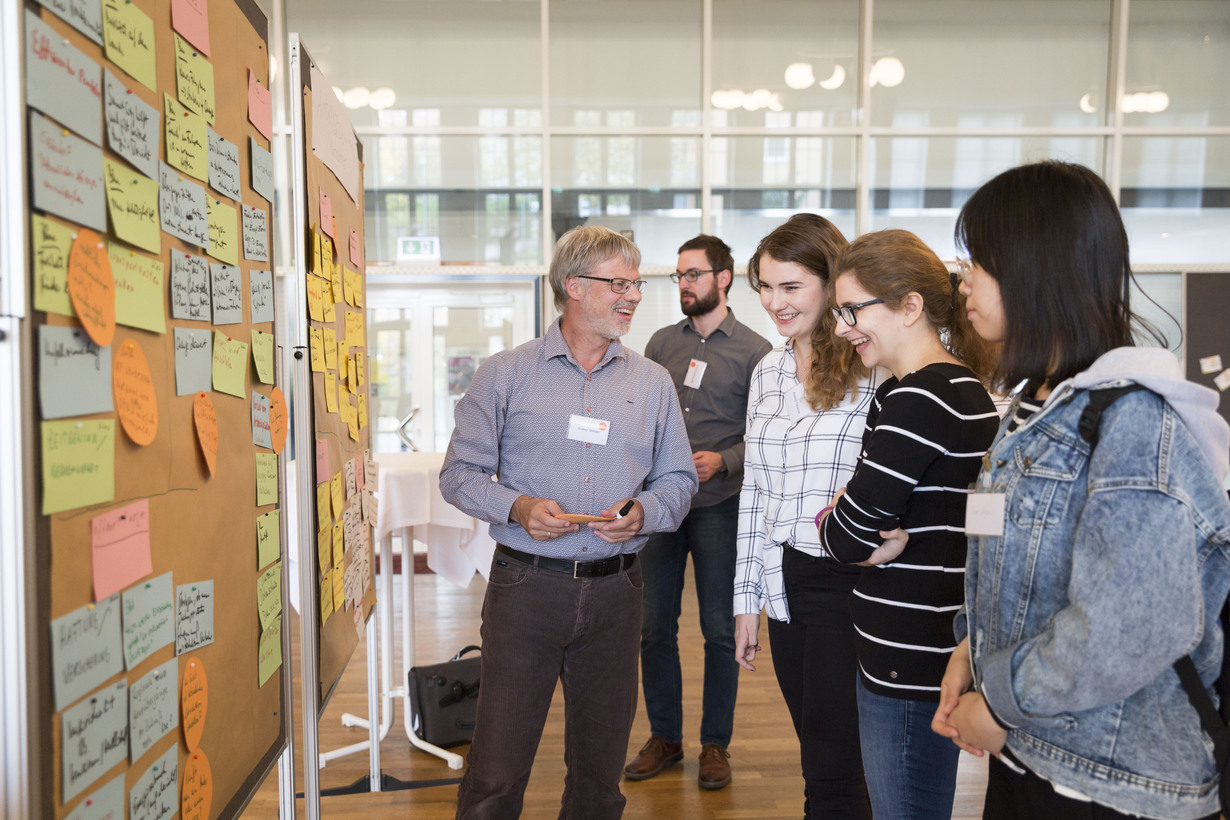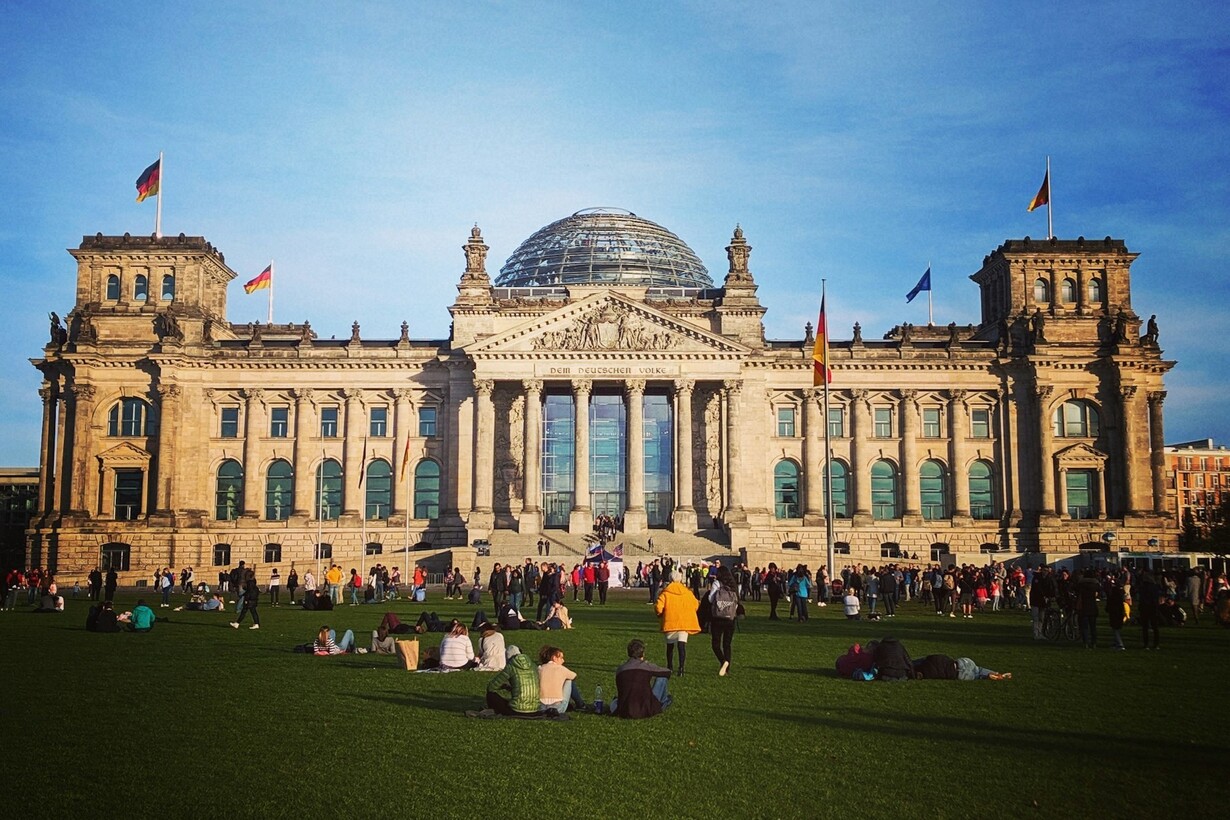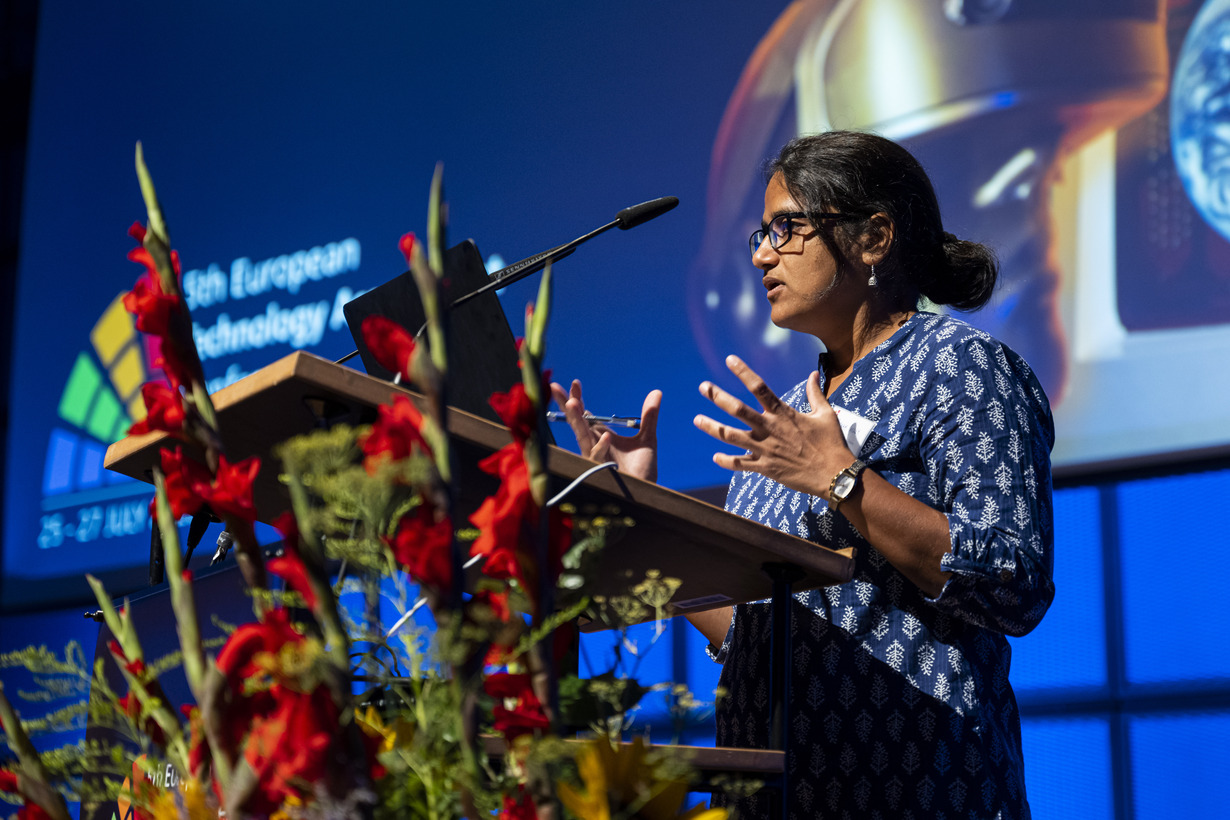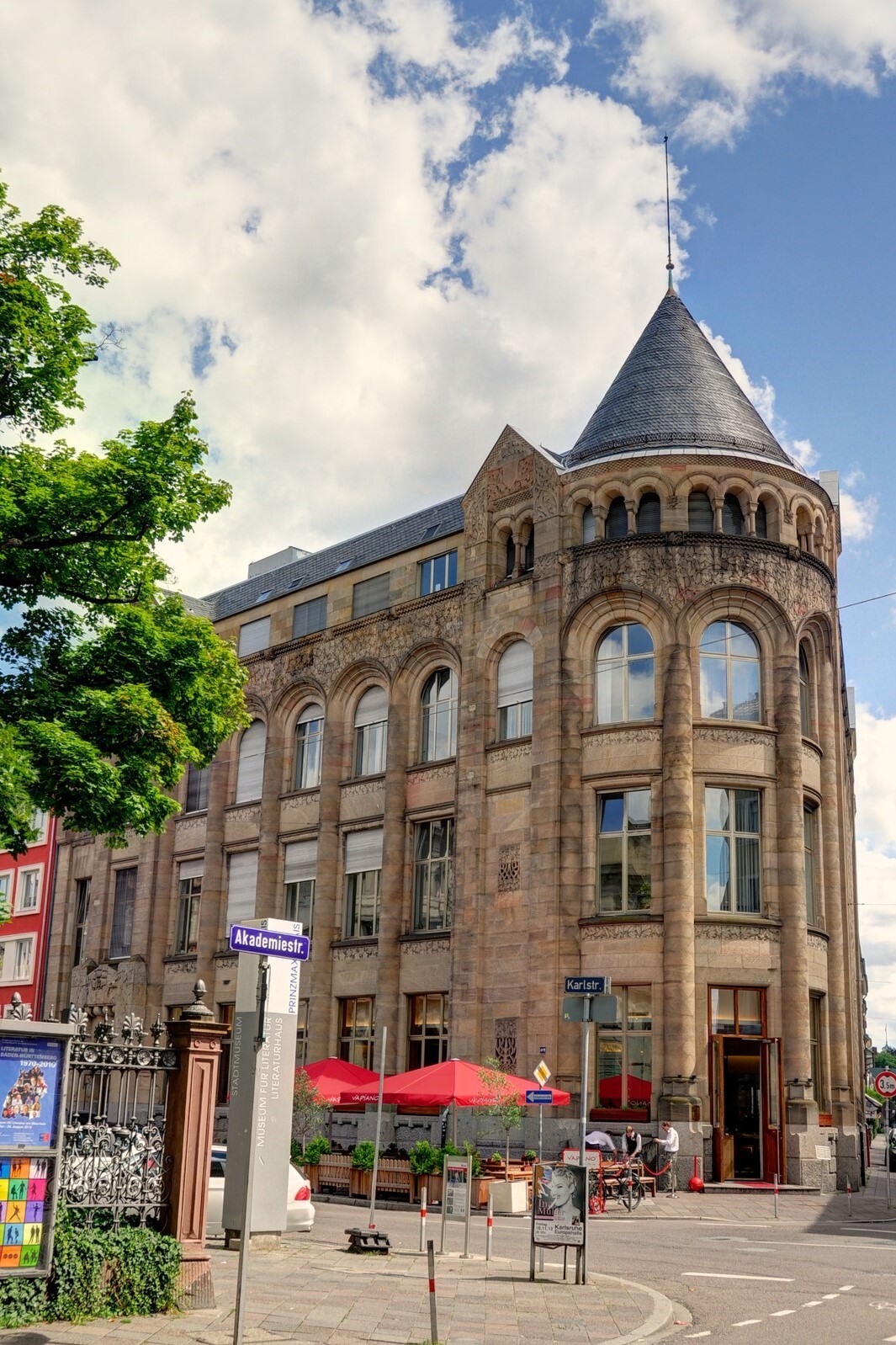Profile
ITAS is the leading institute for technology assessment in Germany and worldwide.
Technology assessment is important because scientific and technological progress does not only improve our lives, but frequently has unexpected and often undesirable effects. Climate change, environmental problems, data misuse, or collapsing traffic systems are among the most well-known examples.
Knowing the spectrum of possible technology impacts at an early stage helps us to make good use of the potentials of progress and minimize or avoid the risks. Along these lines, we provide the knowledge required for these actions and point out approaches to solve the current global challenges. The results of our research are addressed to politics, the industry, and society, so to those actors who shape the scientific and technological progress.
Here you can find further information on the type of research of technology assessment, our activities in policy advice, our international integration and networking, as well as on the concept of technology assessment, the international fellows, and the history of ITAS.
Institute brochure (PDF)








